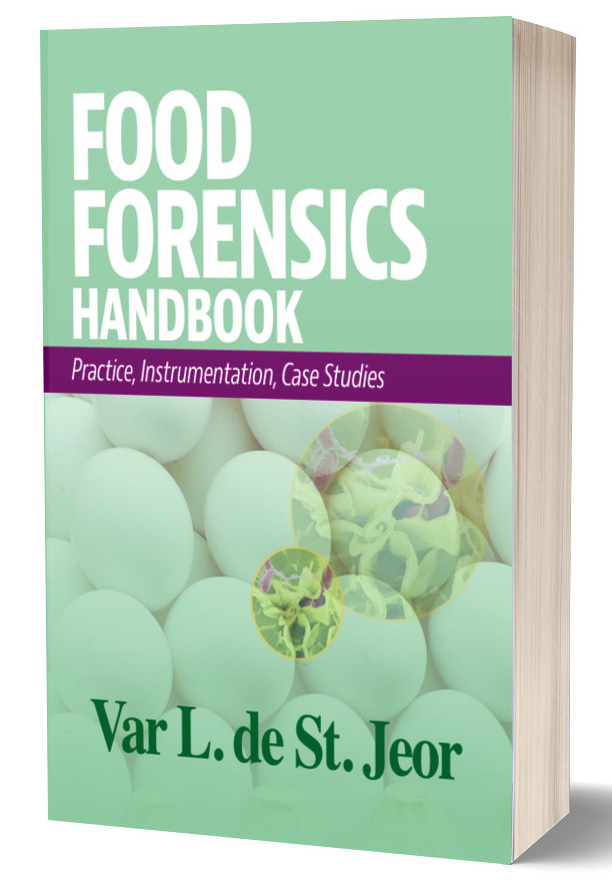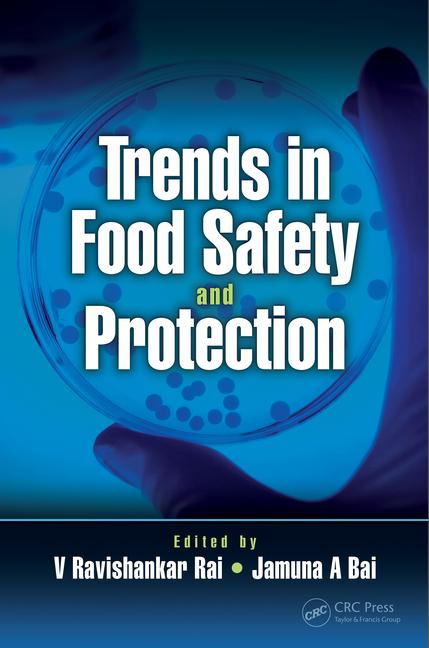USDA-FSIS Expresses Interest to Manufacturers About Salmonella Vaccines for Poultry

Image credit: bearfotos via Freepik
The U.S. Department of Agriculture’s (USDA’s) Center for Veterinary Biologics (CVB) and Food Safety and Inspection Service (FSIS) have published a notice to inform veterinary biologics manufacturers of FSIS’ interest in Salmonella vaccines for poultry.
FSIS’ interest in vaccines stems from its proposed regulatory framework for Salmonella in raw poultry products, published in August 2024. The new regulatory framework aims to reduce human cases of salmonellosis attributable to poultry. The proposal would establish final product standards to prevent from entering into commerce raw chicken carcasses, chicken parts, comminuted chicken, and comminuted turkey products that contain any type of Salmonella at or above 10 colony forming units (CFU) per gram/milliliter, as well as any detectable level of at least one of the Salmonella serotypes of public health significance (Enteritidis, Typhimurium, and I,4,[5],12:I:- for chicken; and Hadar, Typhimurium, and Muenchen for turkey). FSIS is also seeking comment on S. Infantis on its possible inclusion as a serotype of public health significance.
At present, vaccination is the only intervention that can target specific Salmonella serotypes, and therefore USDA-FSIS is looking toward vaccines as an important component of Salmonella control programs.
As part of its efforts to reduce human salmonellosis cases attributable to raw poultry, FSIS has worked to remove barriers to the use of vaccination as a pre-harvest intervention strategy. Since April 1, 2024, FSIS has excluded current commercial vaccine subtypes confirmed in FSIS raw poultry samples from the calculation used to categorize establishments under the raw poultry Salmonella performance standards.
FSIS is interested in learning about and engaging in discussions with veterinary biologics manufacturers on vaccination technologies, especially modified-live vaccines targeting FSIS’ proposed serotypes of public health concern or their associated serogroups.
Looking for a reprint of this article?
From high-res PDFs to custom plaques, order your copy today!










